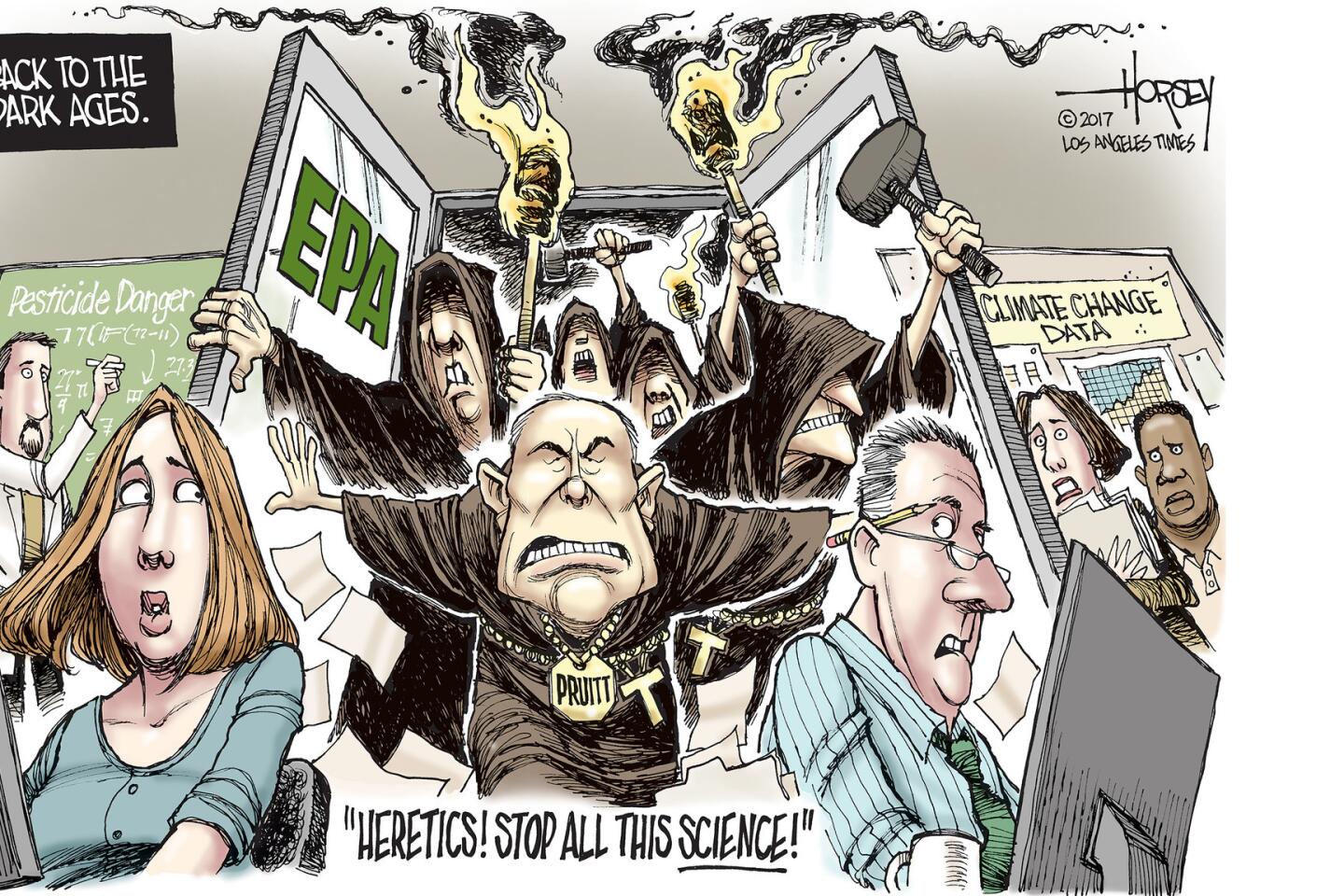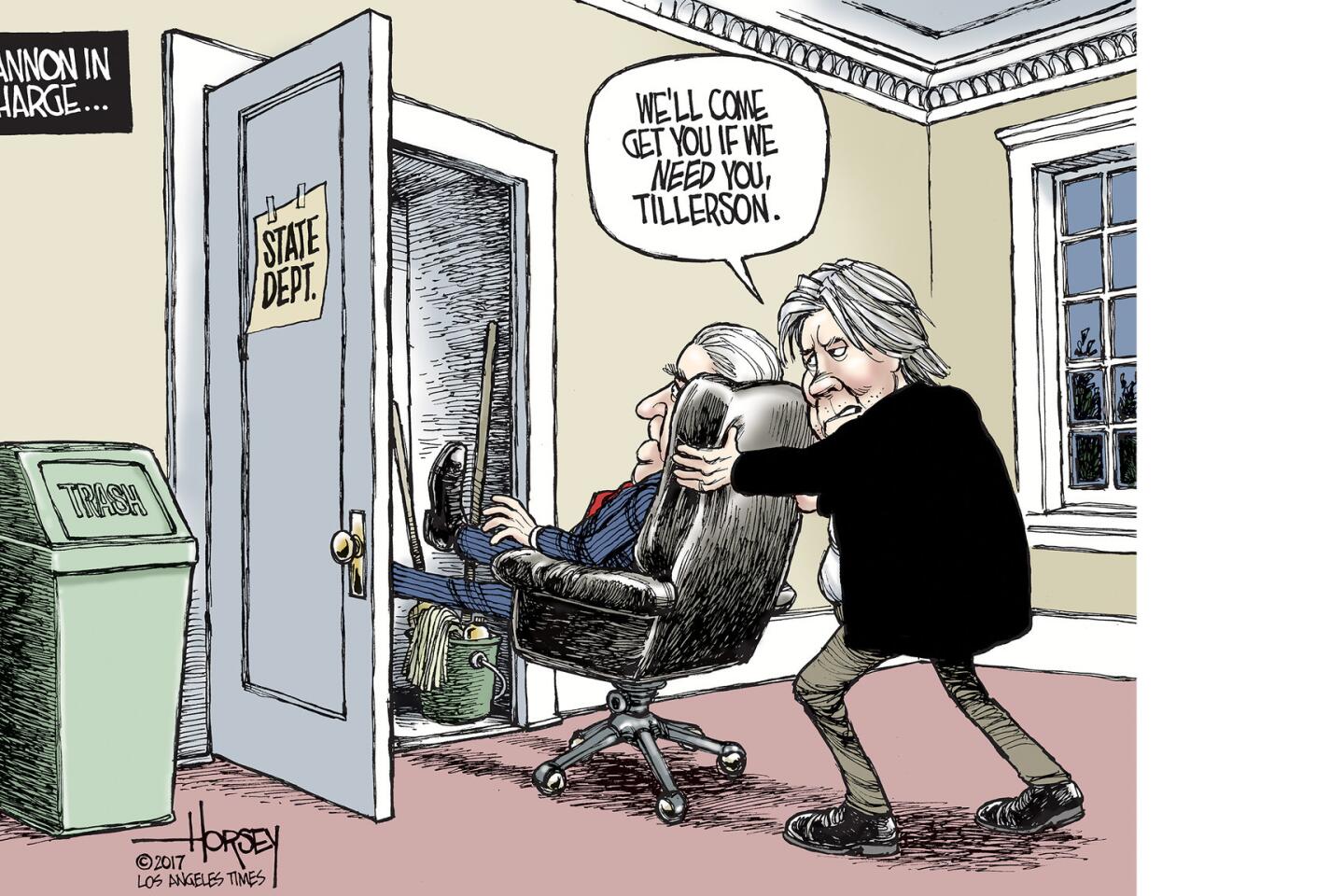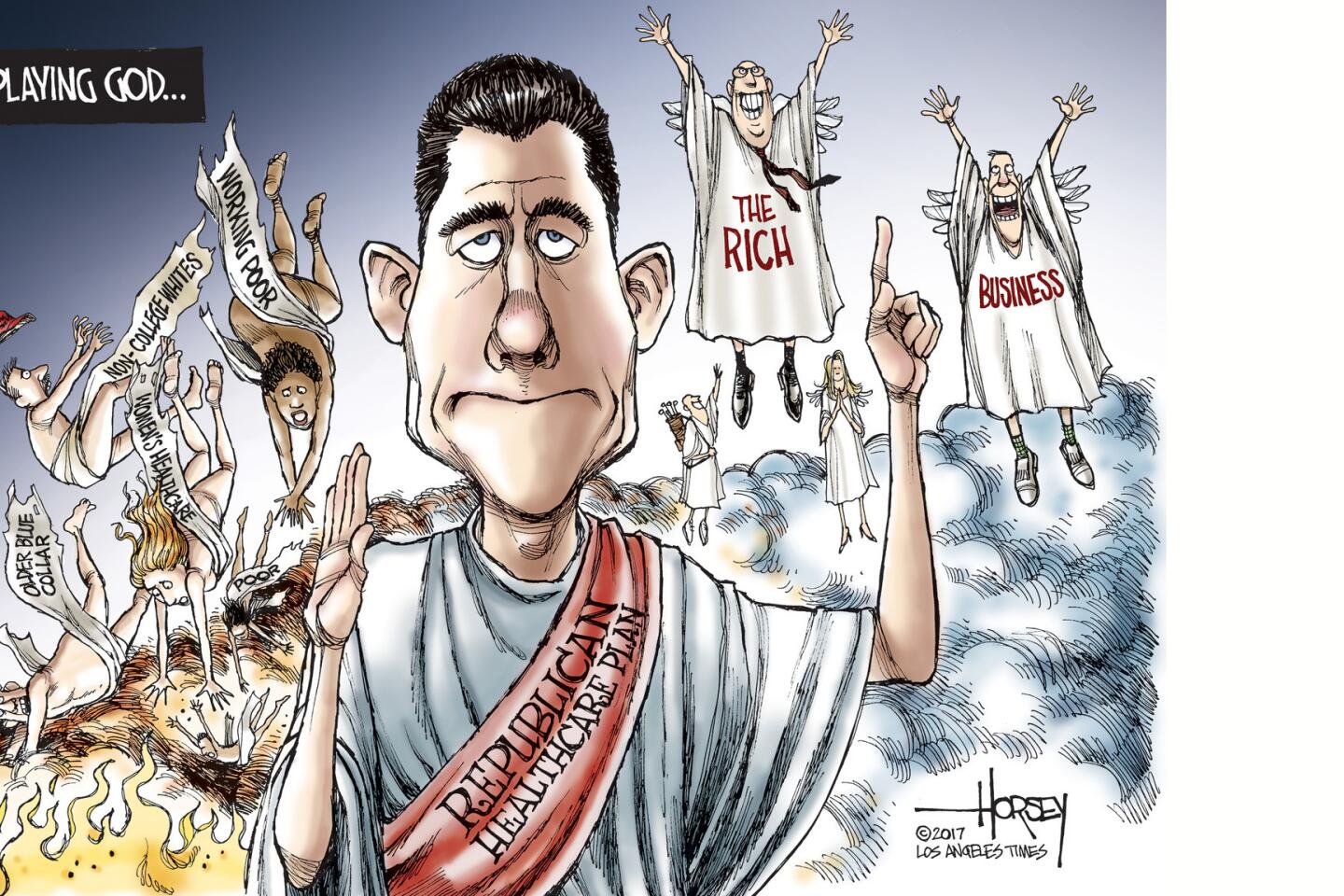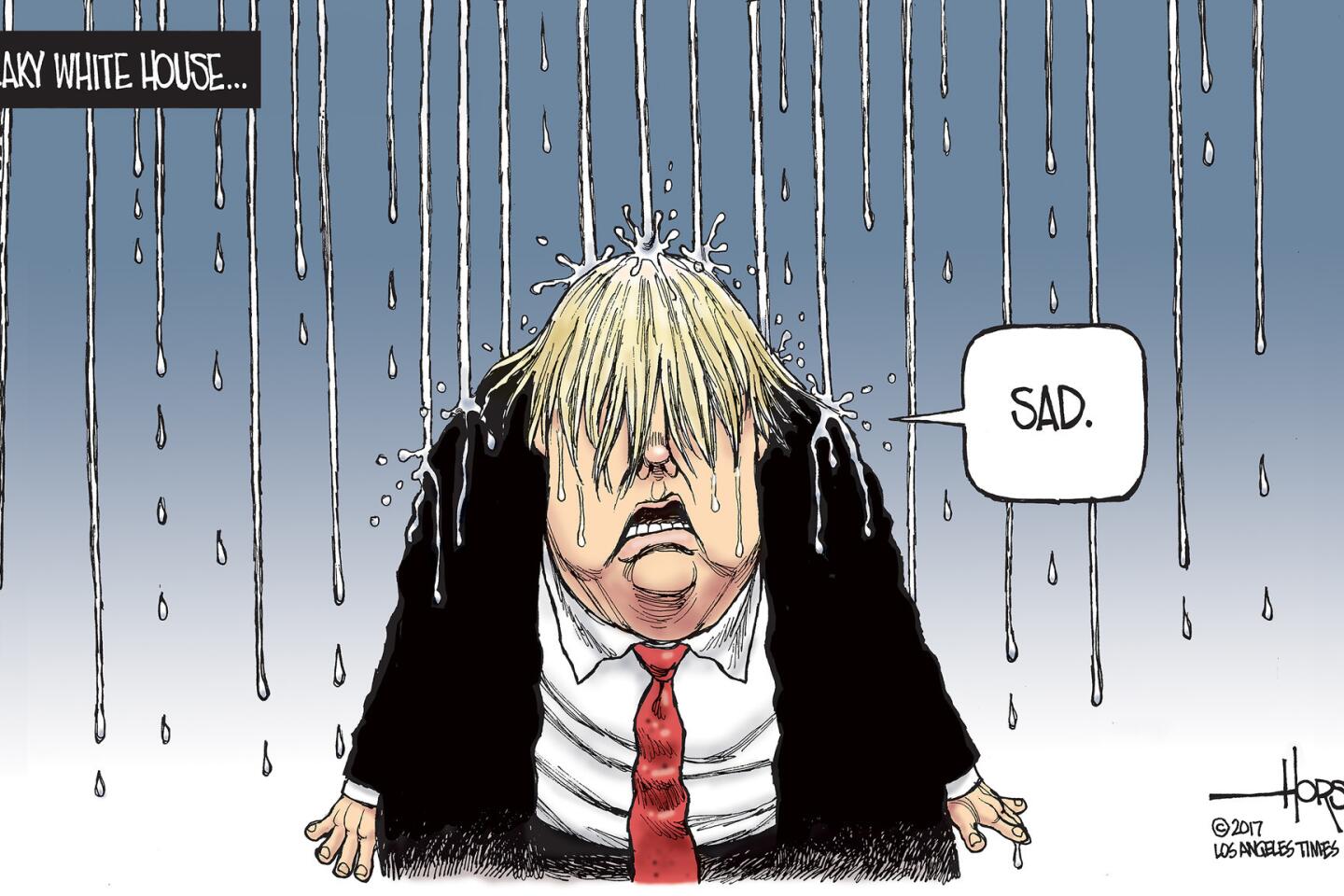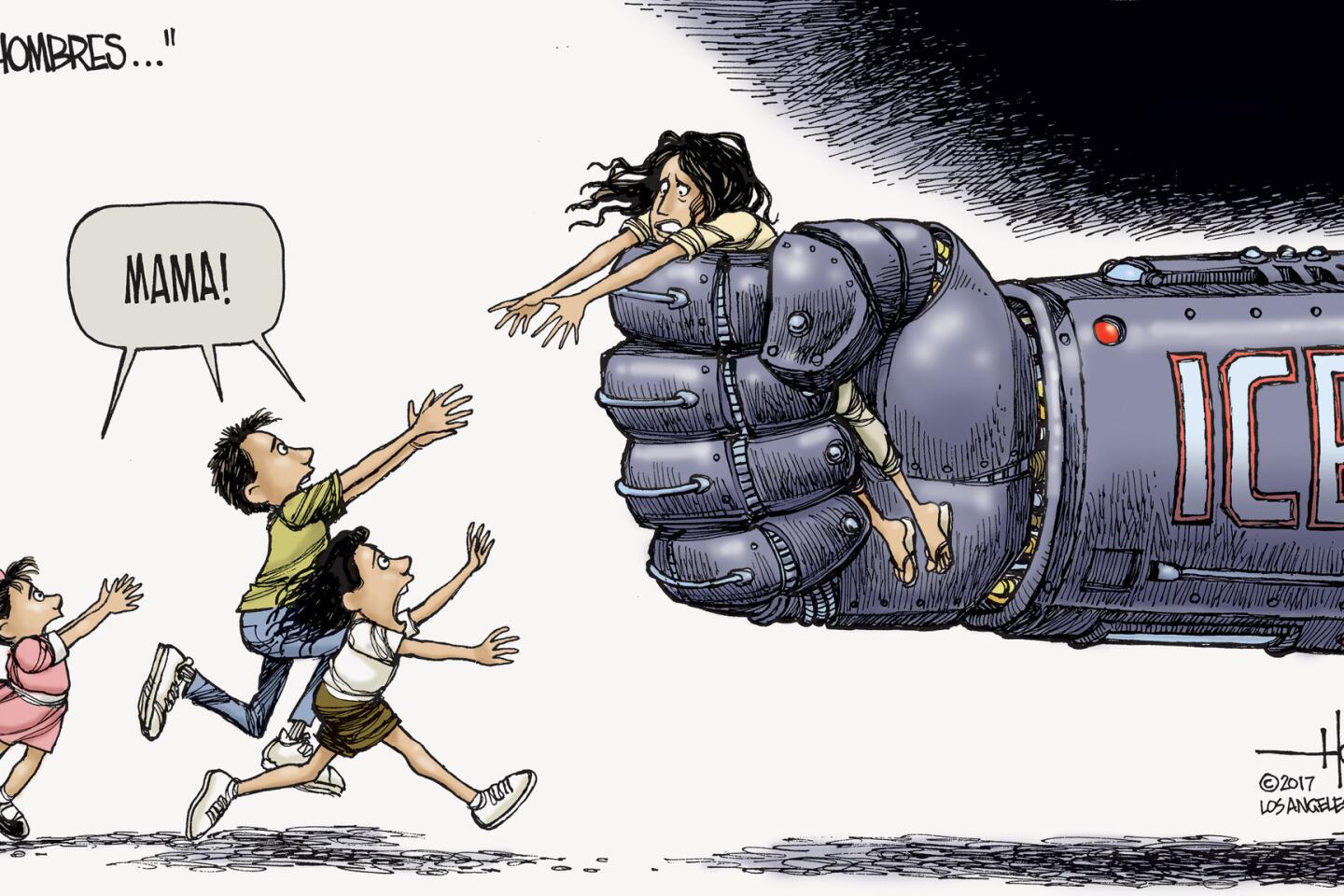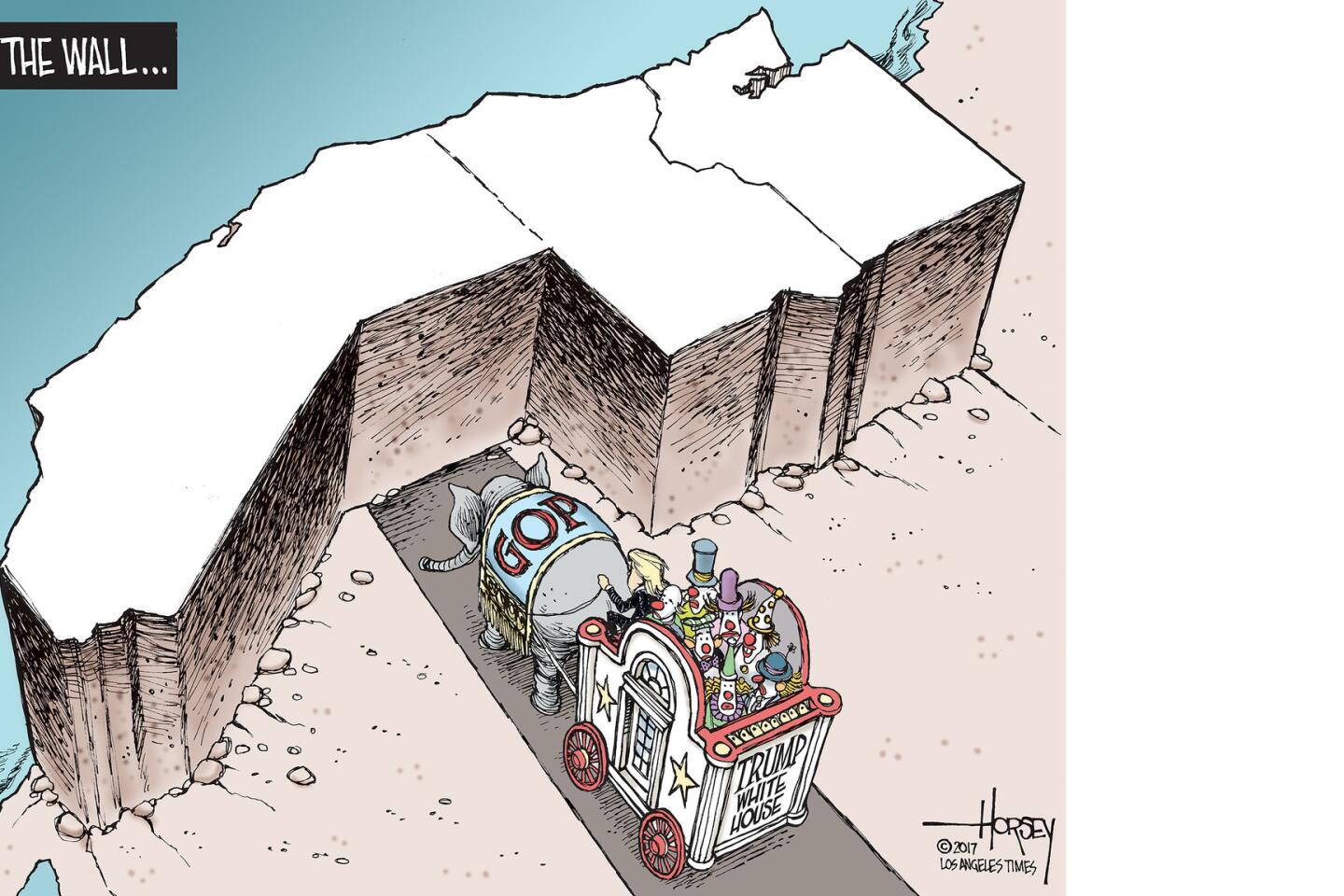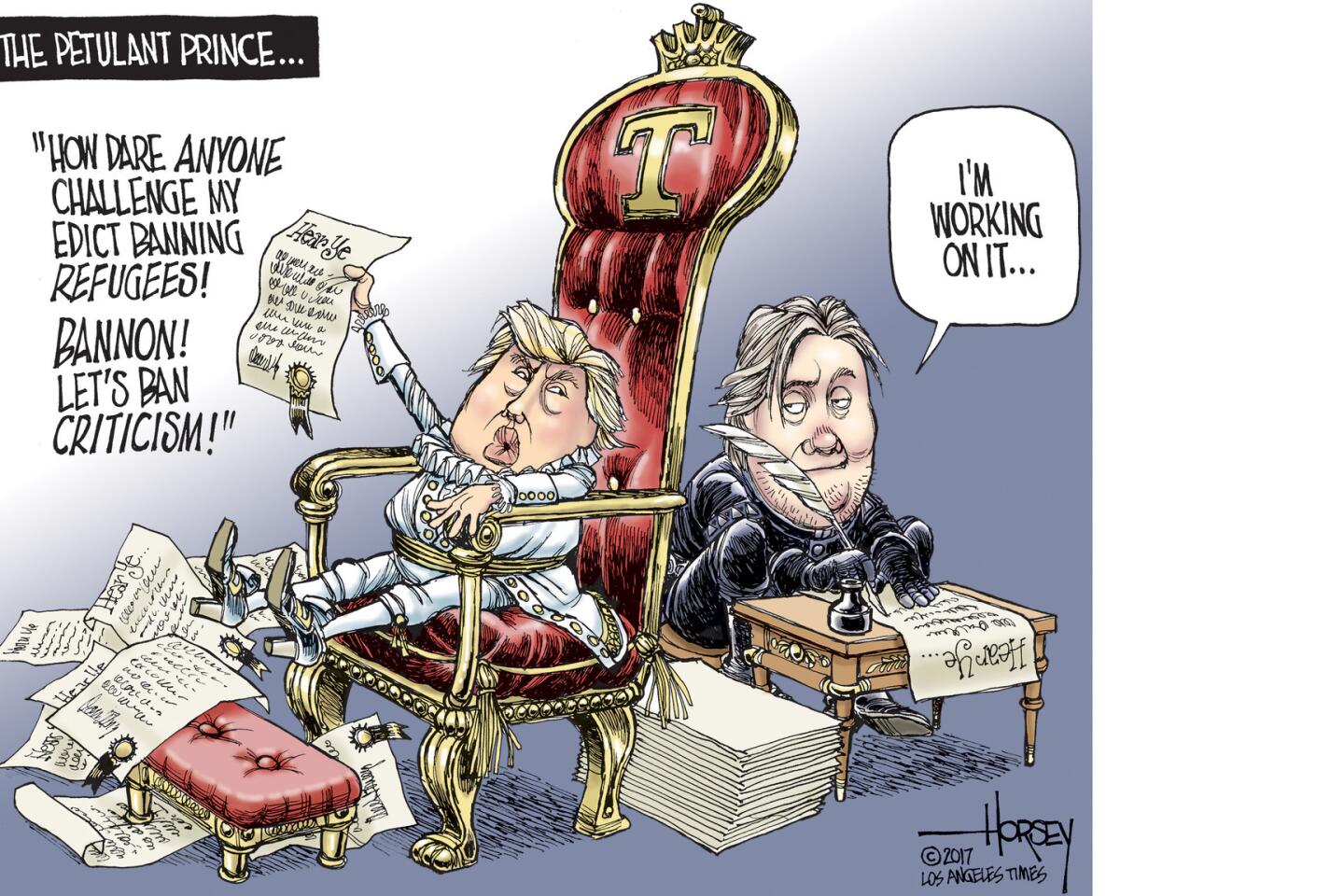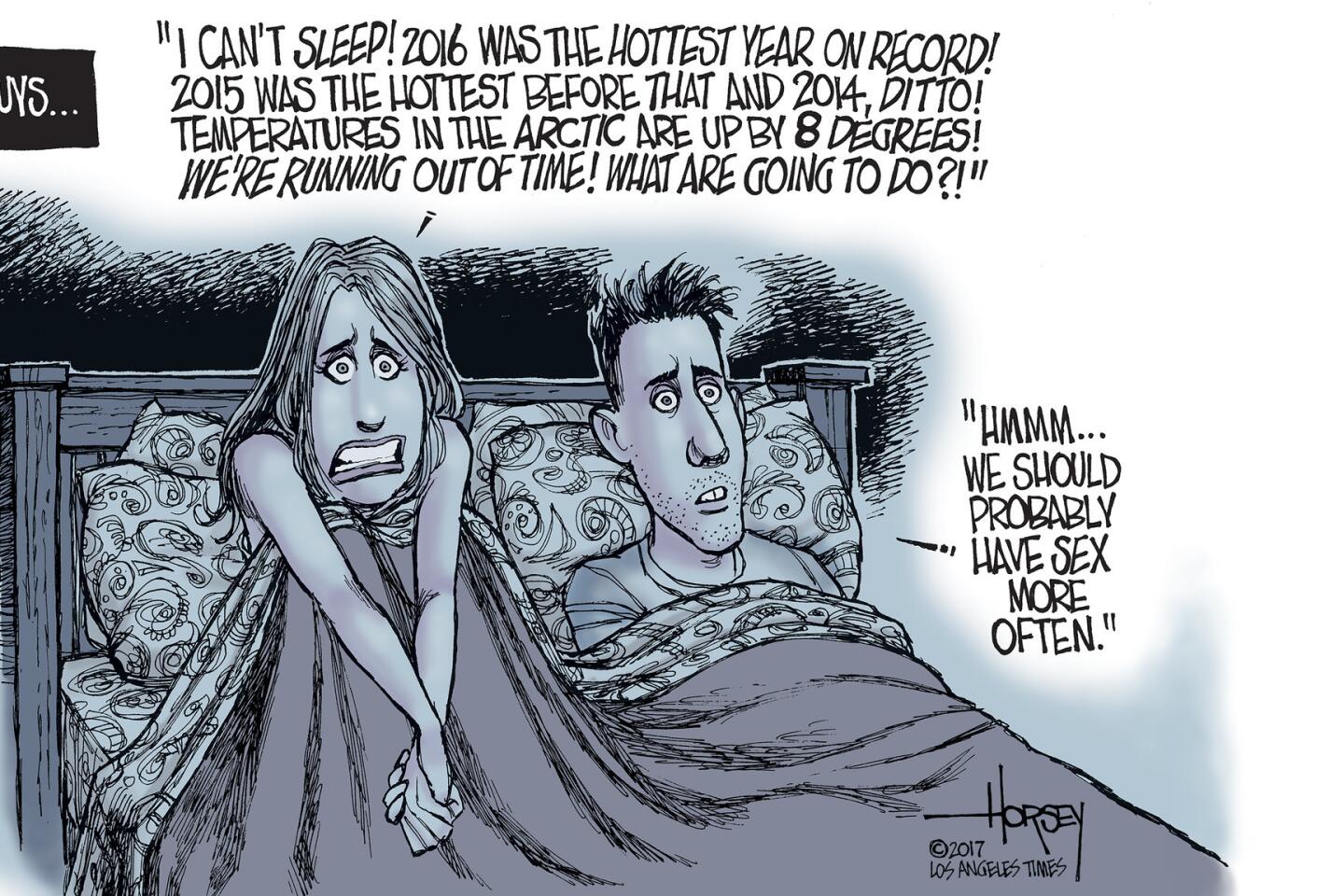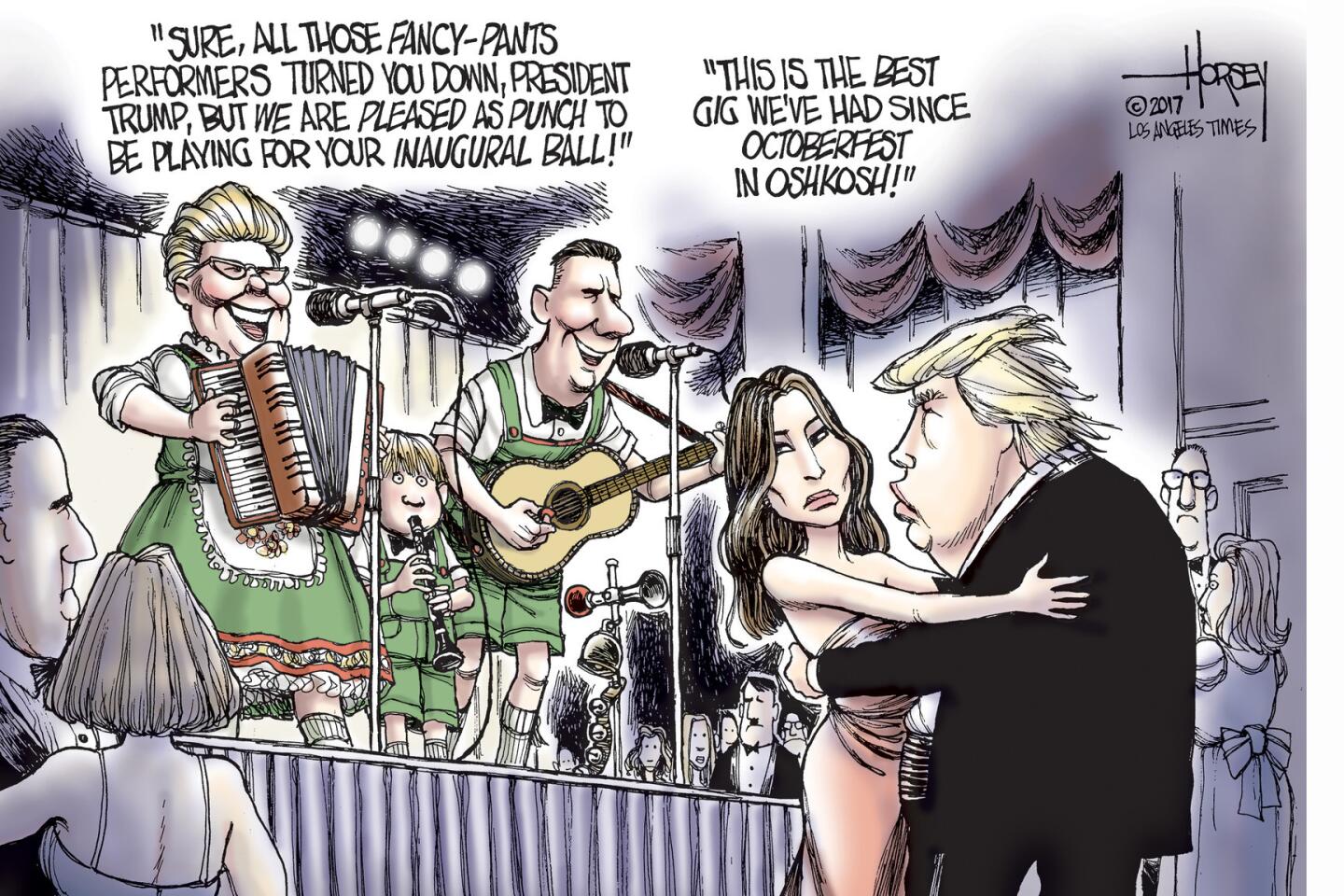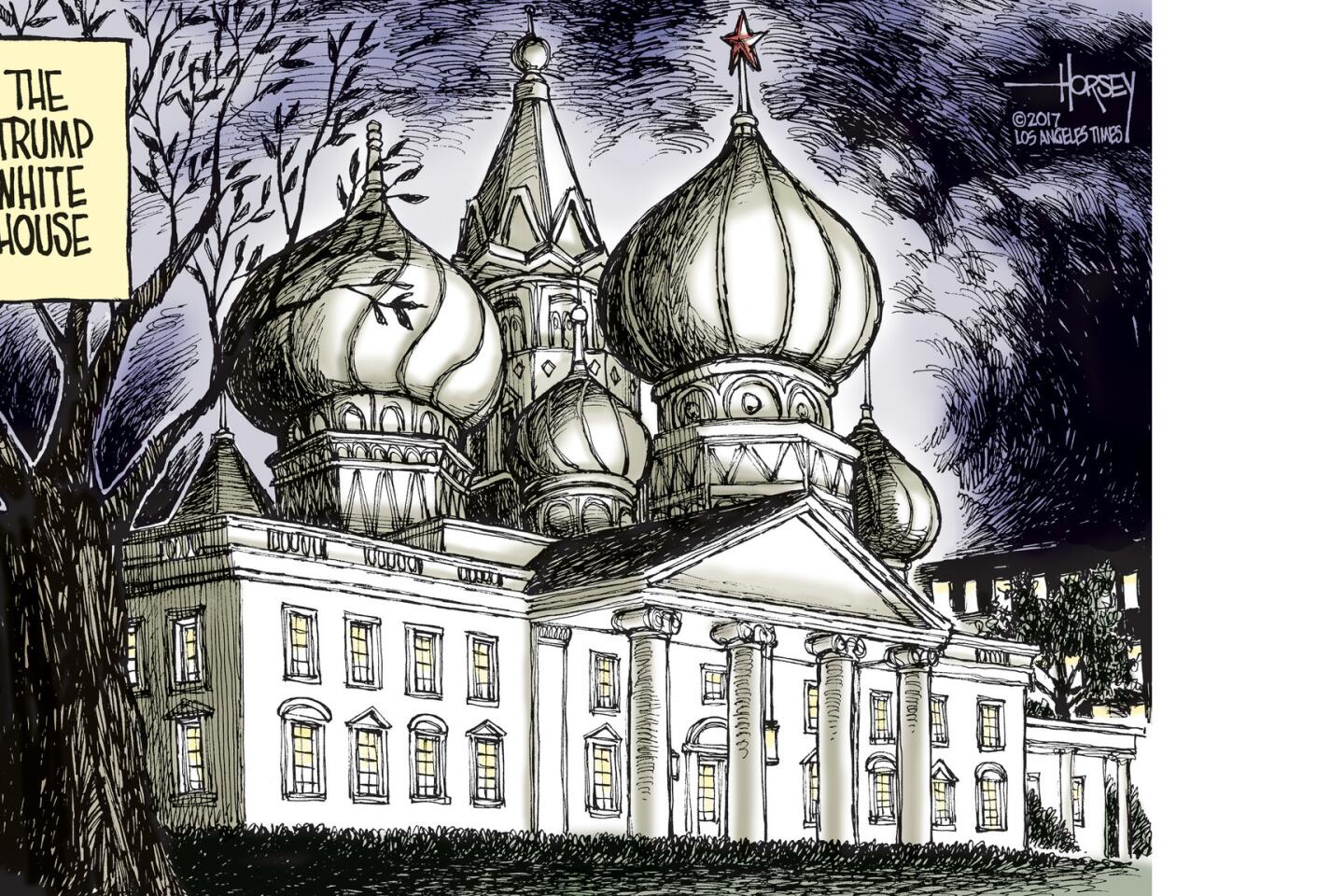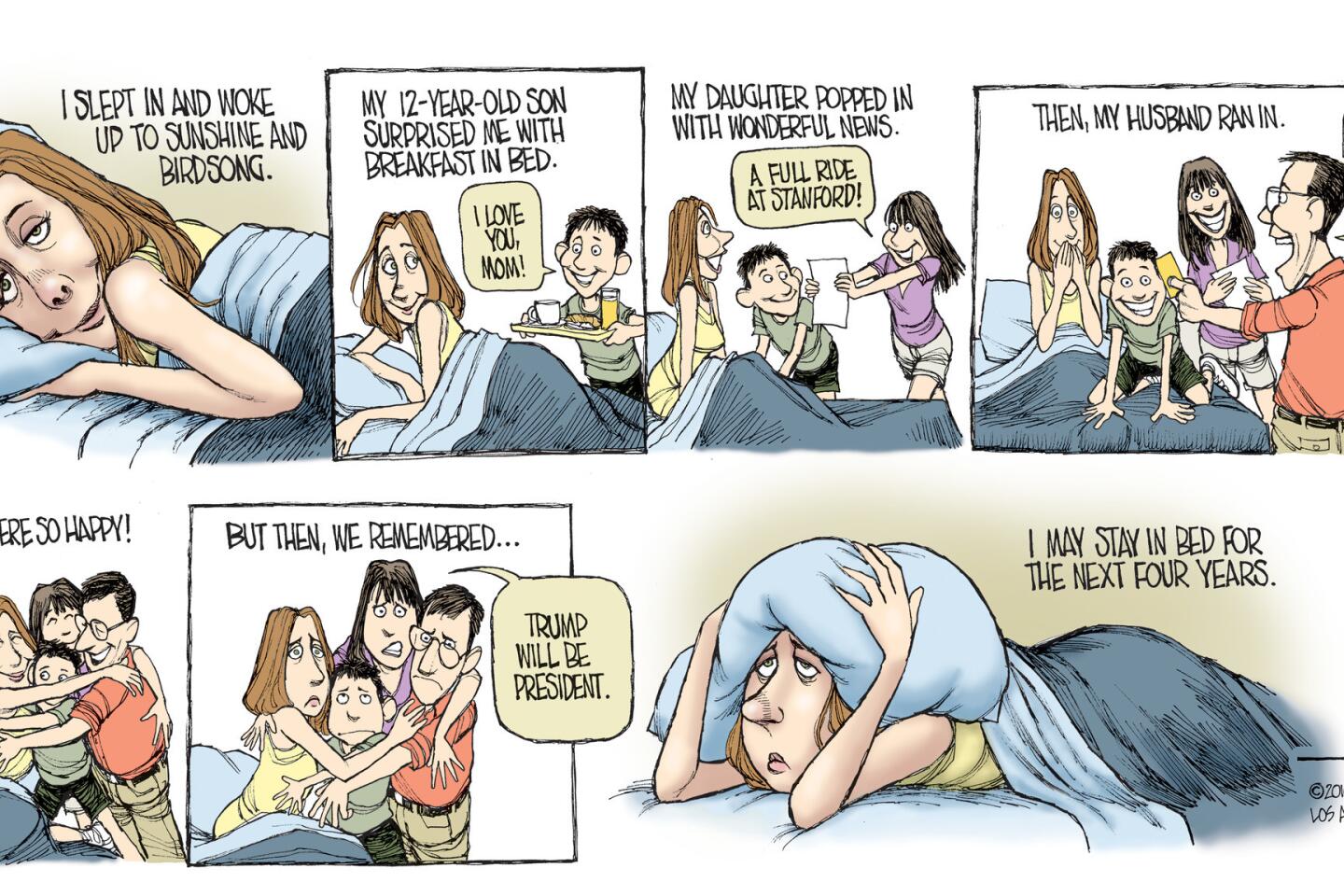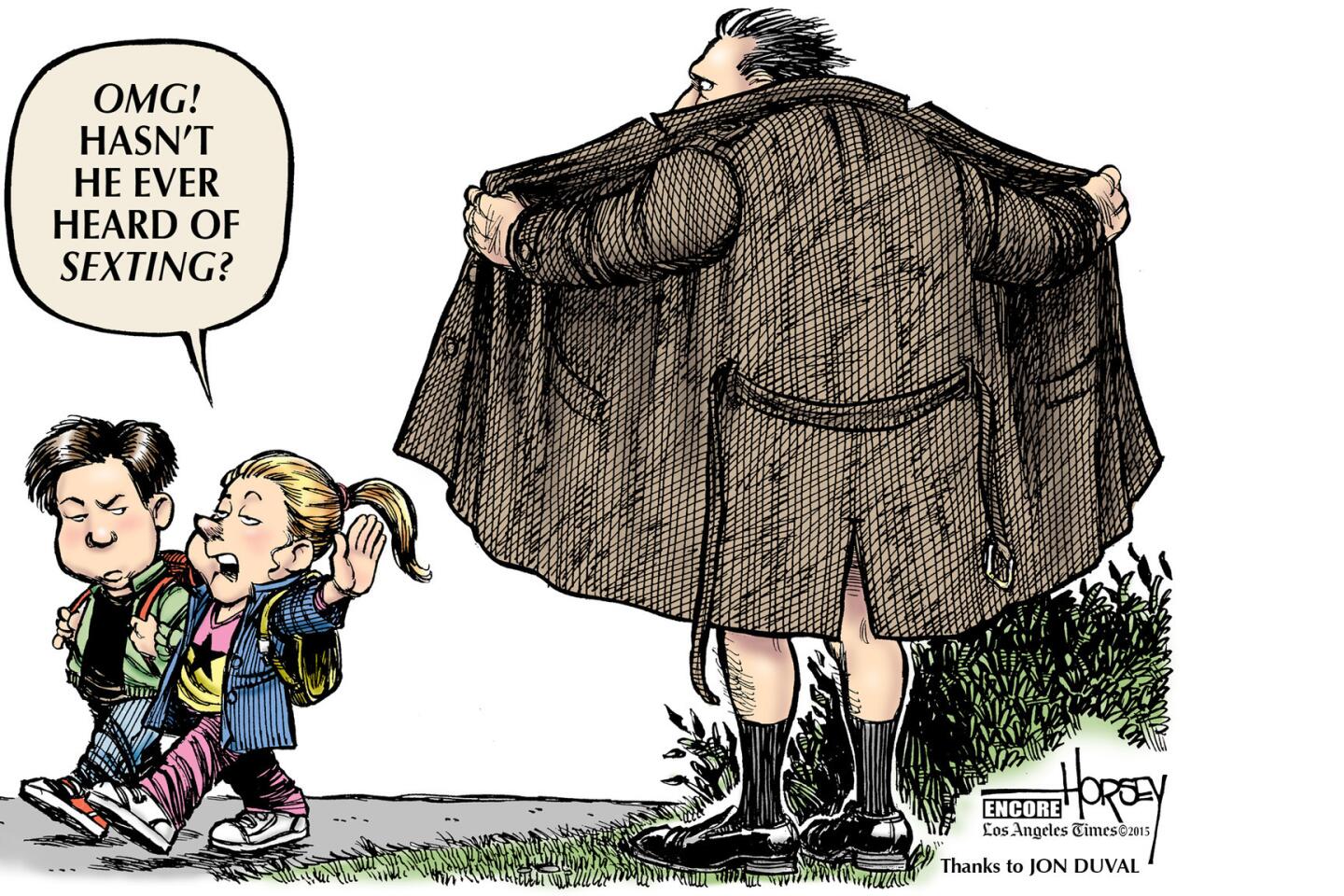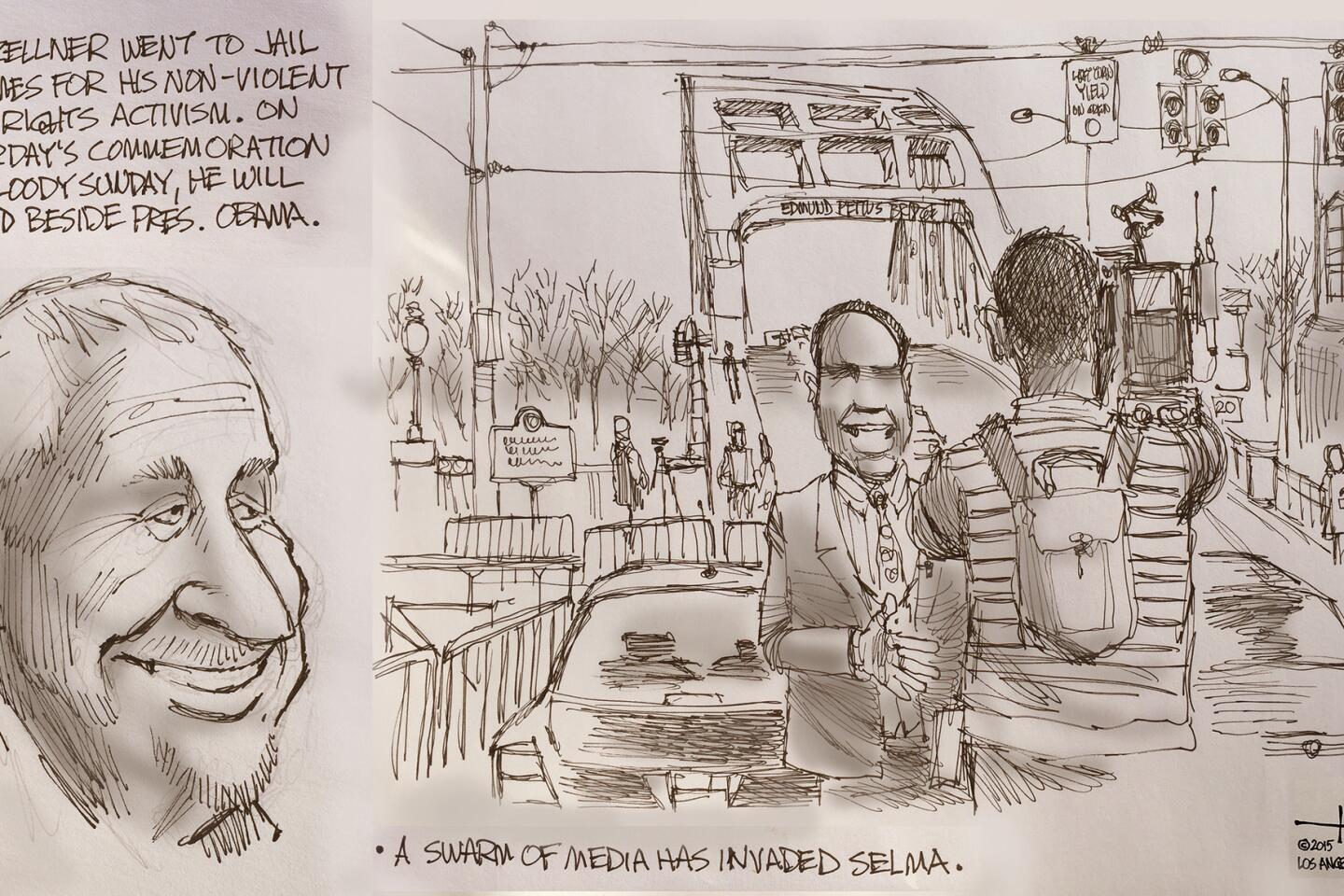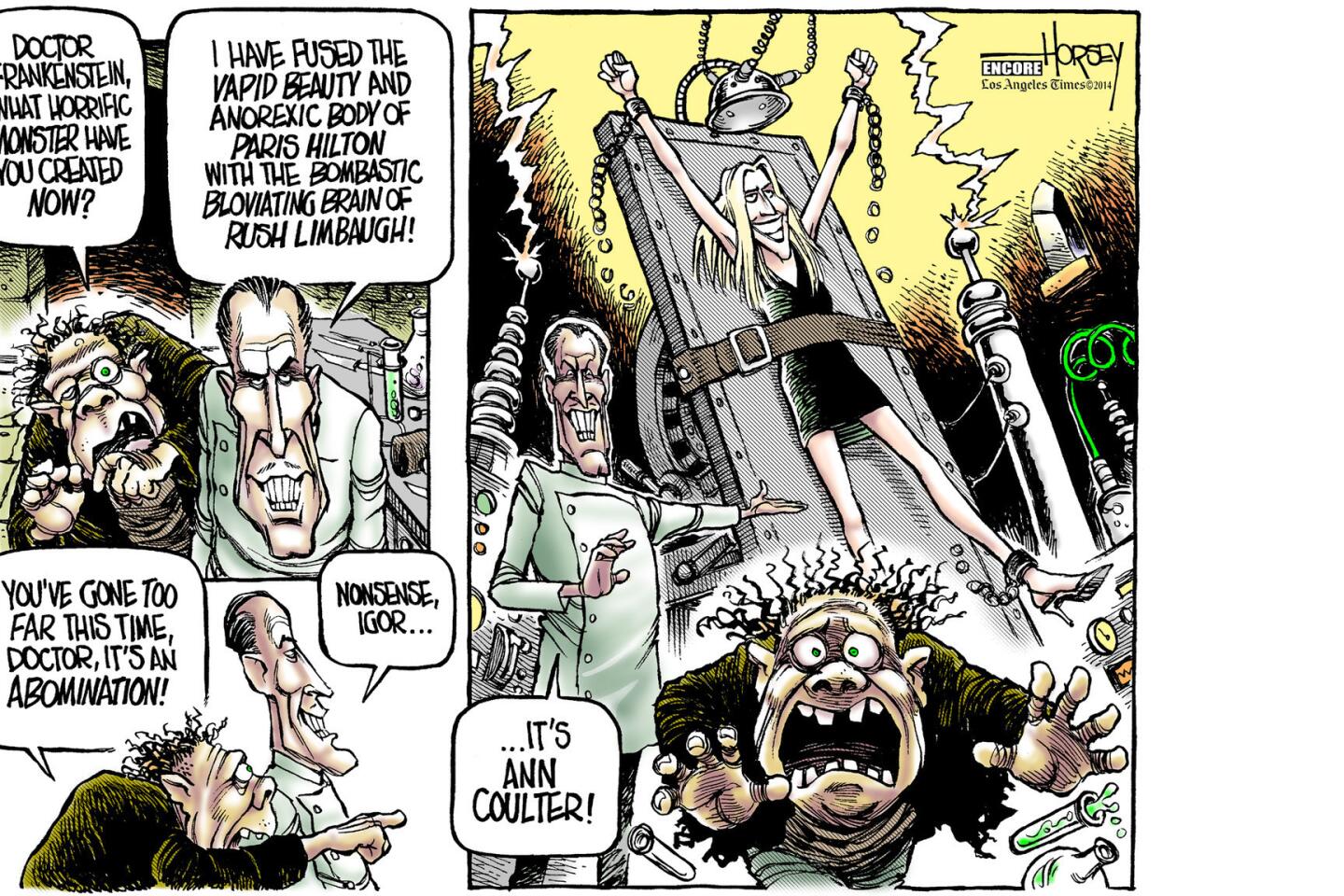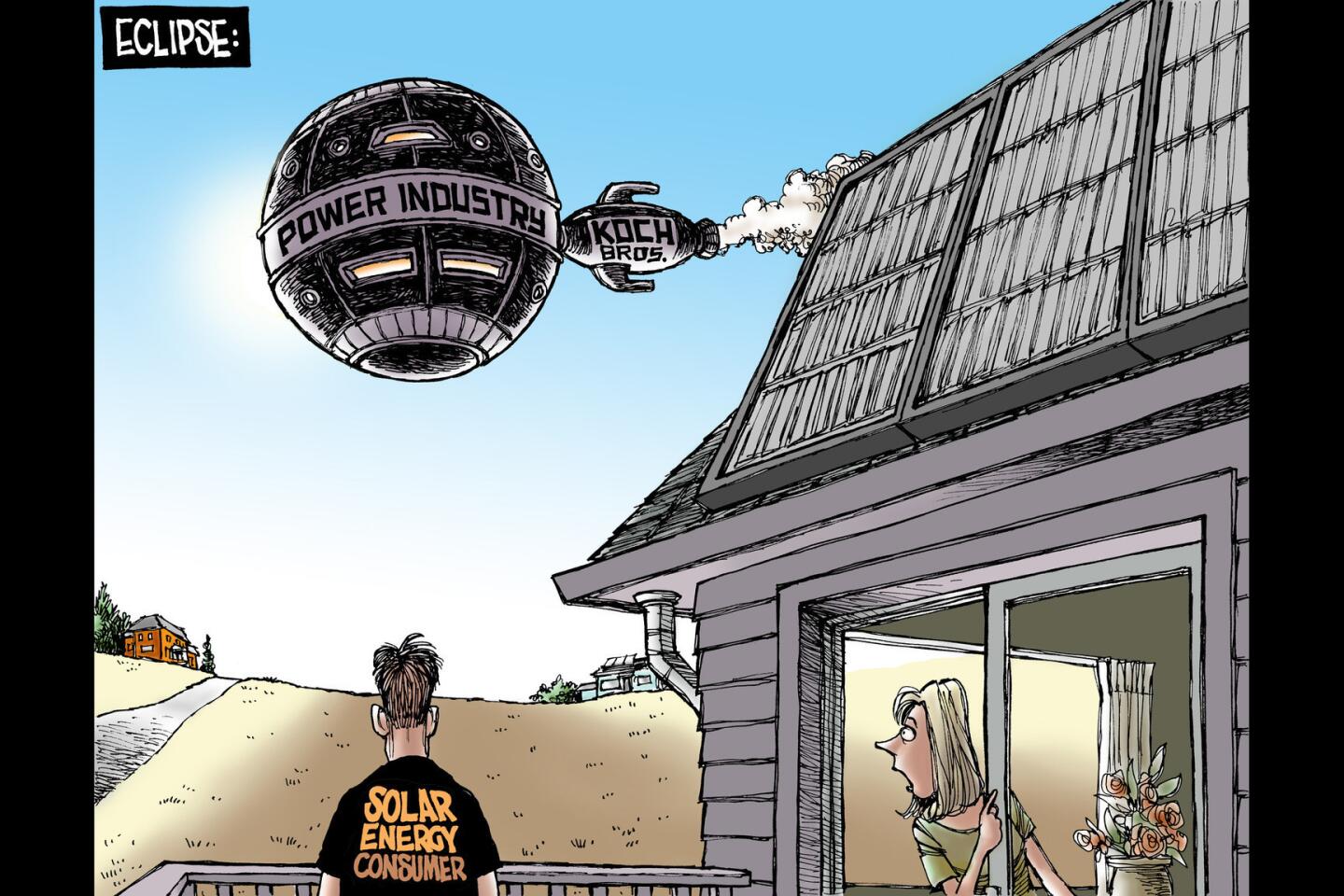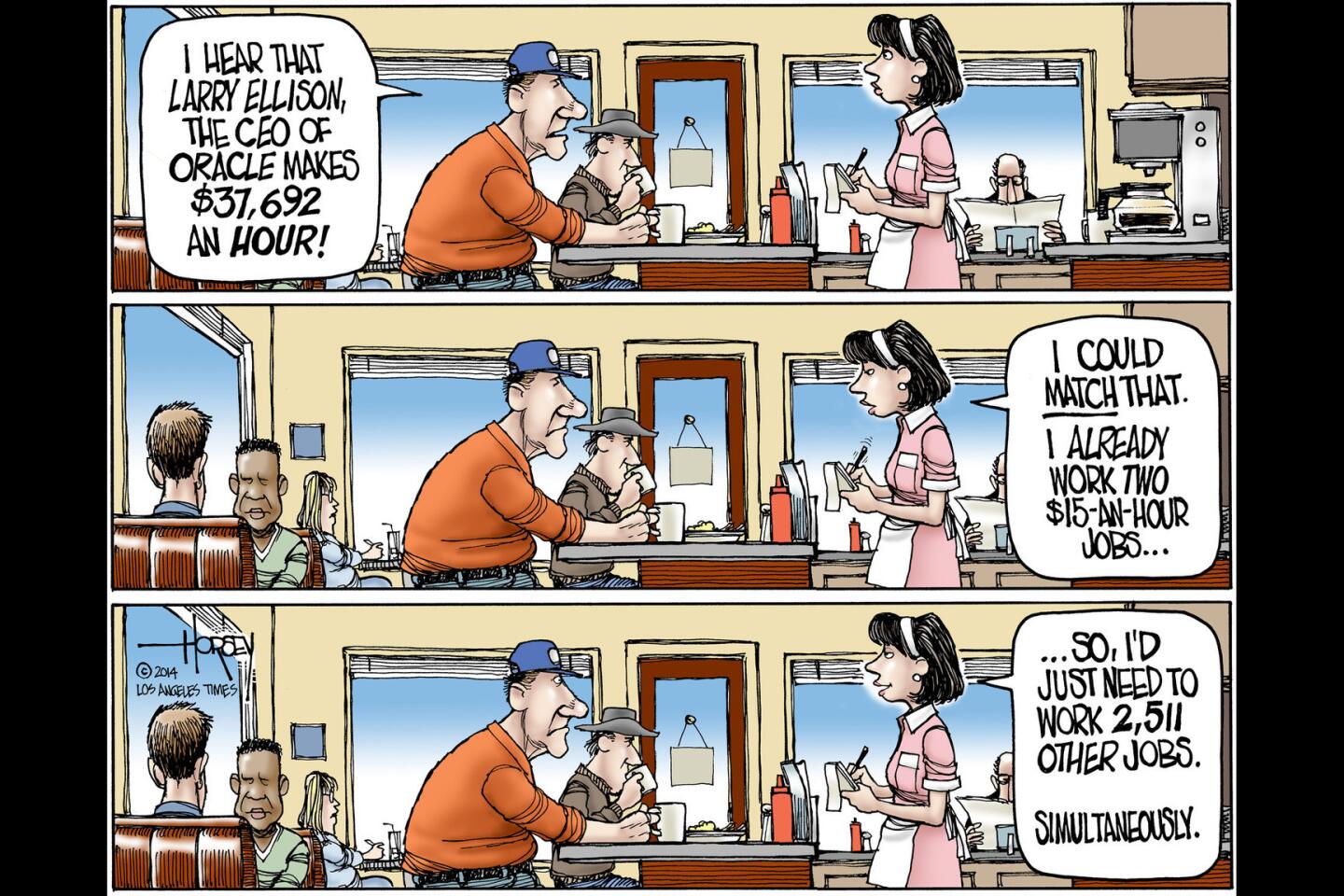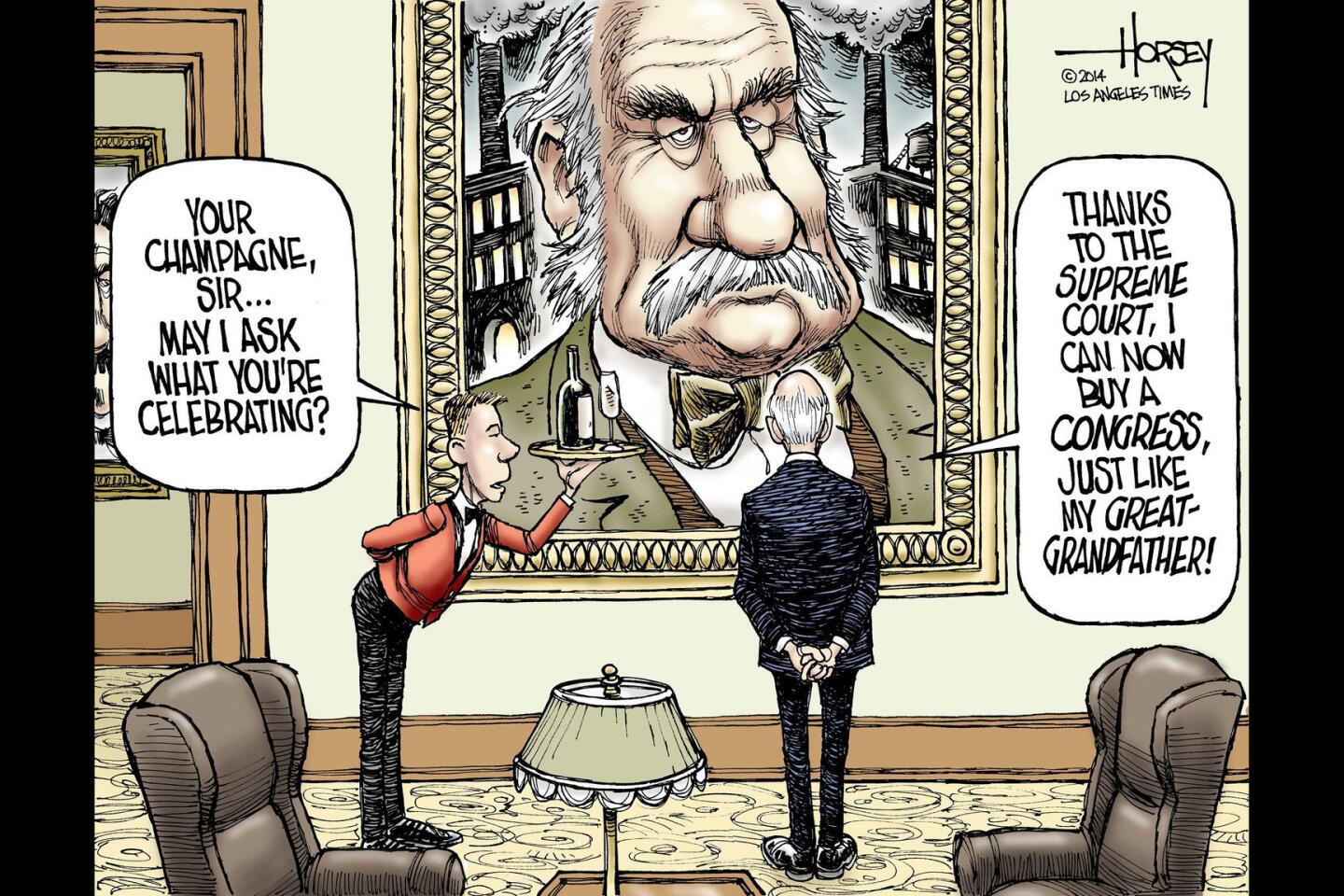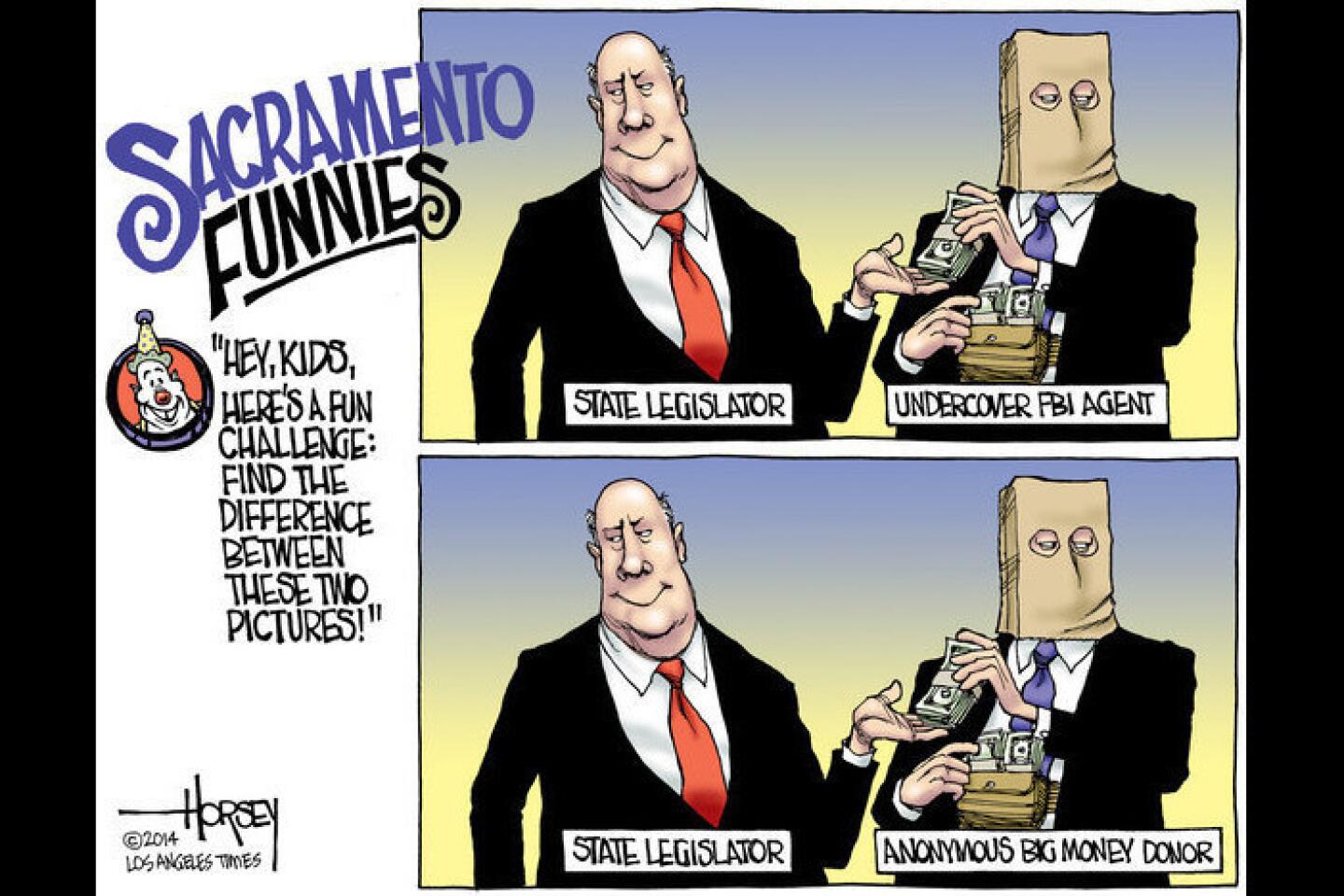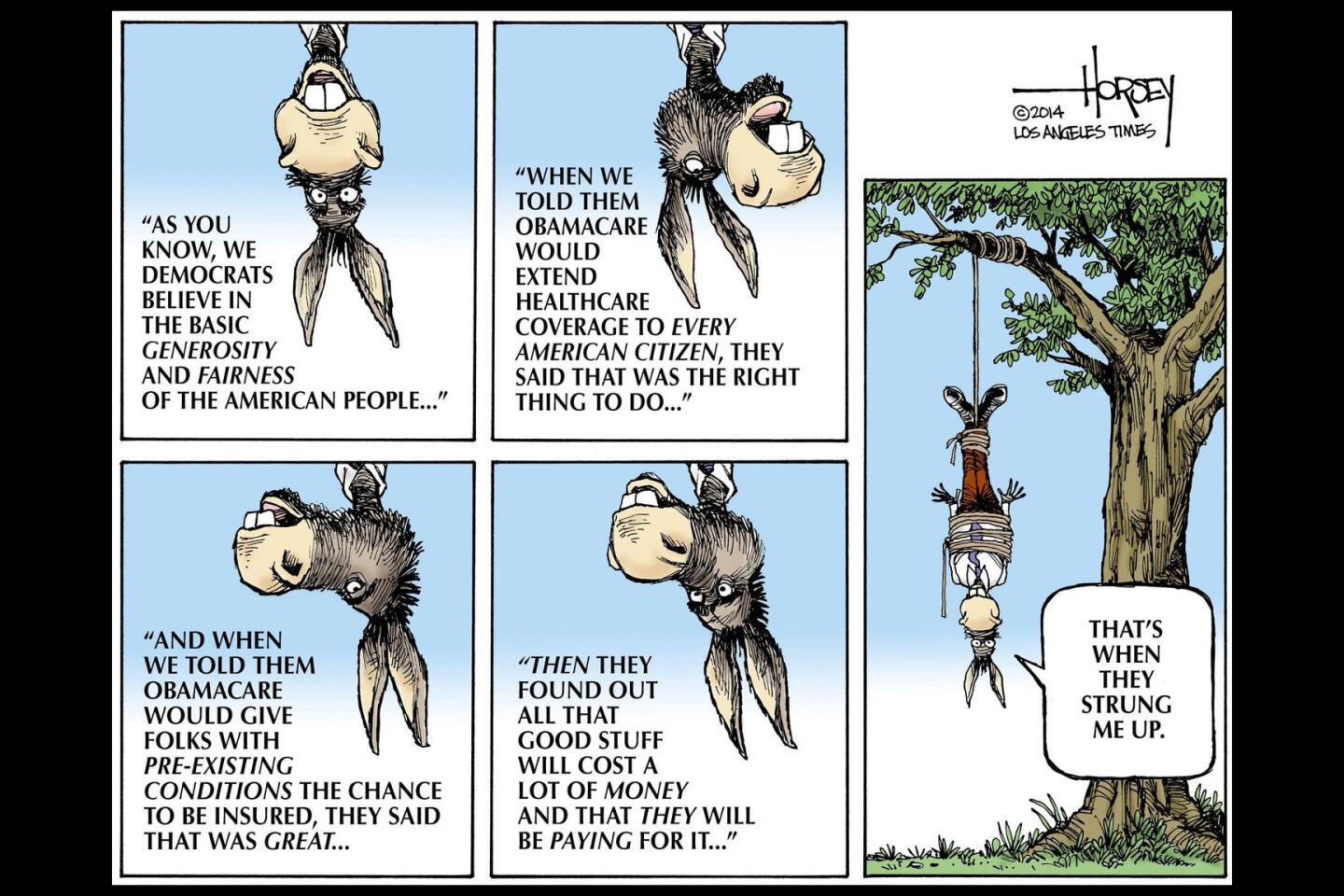After four special-election losses, Democrats need more than moral victories
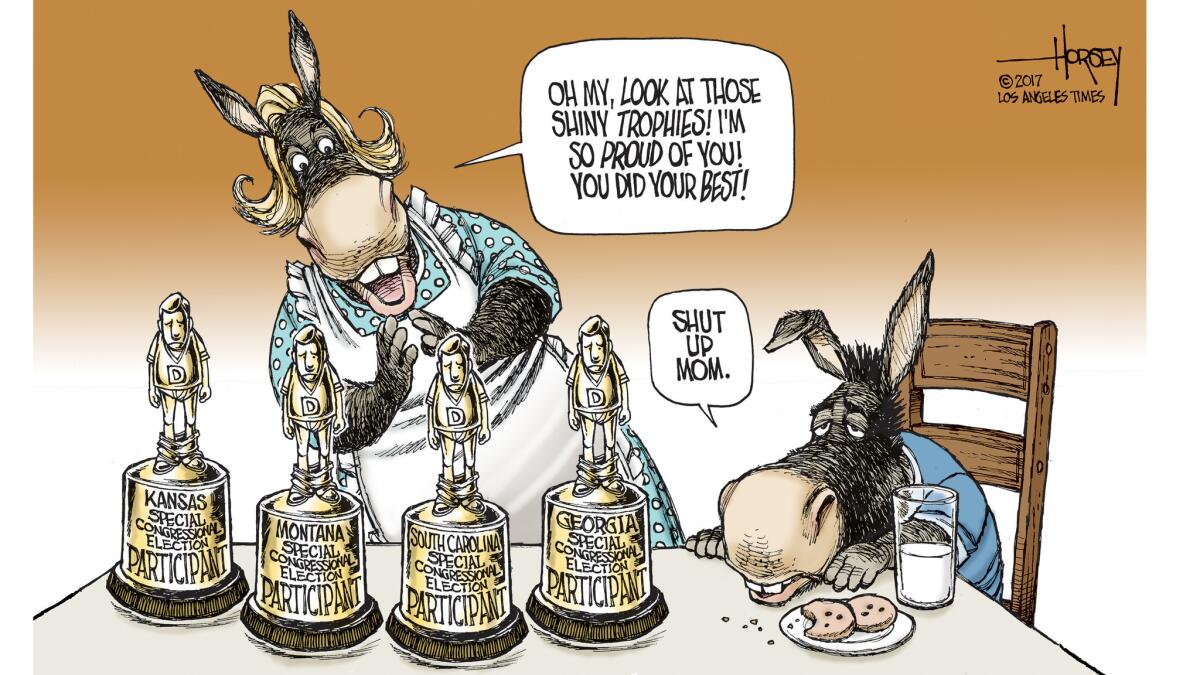
Democrats are claiming “moral victories” after losing two special congressional elections in heavily Republican districts. Those results from votes in Georgia and South Carolina on Tuesday follow two other moral victories — also known as losses — in battles for House seats in Montana in May and Kansas in April. Many more results like these and the Democratic Party will be out of business.
Yes, it is not especially good news for the Republican Party that Democratic candidates held the GOP to single-digit wins in those four districts where Republicans traditionally cruise to triumph. Perhaps it indicates that Republican members of Congress in less conservative areas will have serious problems getting reelected in 2018 when every seat in the House is up for grabs. Democrats certainly hope that is true because they have zero chance of taking the Senate.
Before they start imagining what they will do with a majority in the House, though, Democrats need to analyze why, with four shots at stealing Republican House seats, they failed in each attempt.
Apparently, the national party simply did not believe that there actually was a chance to win in Kansas, Montana and South Carolina. The Democratic candidates in those states ran largely on their own, while John Ossoff, the Democratic challenger in Georgia’s 6th District, ended up with serious national support and more donated campaign cash than any Democratic congressional candidate has ever received. In the end, though, the losing margin for the underfunded candidates in Kansas and Montana was the same as Ossoff’s deficit — a bout 6 percentage points Democrat Archie Parnell in South Carolina did significantly better, losing by just 3 points.
Should the Democratic National Committee have gotten more invested in those other races? The reasonable assumption was that the well-educated, Atlanta suburbanites in Georgia’s 6th were more likely to cast their votes for a Democrat than the rural voters who were dominant in the other districts. Maybe that was a faulty analysis. Is it possible that affluent suburbanites are more comfortably situated, status quo voters in contrast to rural folks who are more disaffected and, therefore, more open to change? After all, there were plenty of President Trump voters with limited educations and modest incomes who had also voted for President Obama.
Did Democrats count too much on the intensity of their own base — all those liberals who have taken to the streets and packed town hall meetings because Trump has turned into their worst nightmare? Did they not notice that there is an equal intensity on the right among those who believe Trump is the victim of a witch hunt perpetrated by “deep state” elites and a mainstream media that purveys fake news?
And now, looking ahead to 2018, are Democrats counting too much on historical precedent? The party holding the White House almost always suffers losses in midterm congressional races. That would seem to be even more likely with a deeply unpopular president who is under investigation by a special prosecutor. Yet, if we have learned anything in the last year, it is that history has become an undependable guide in the new politics of America in which the power of celebrity and the compulsions of tribalism are factors that override the conventional rules of the game.
Our democracy is in uncharted territory. There are plenty of reasons to argue Republicans will face calamity at the polls in 2018. But there are arguments just as compelling that say they will find a way to hang on to power, despite everything.
After four special elections in which Republicans have prevailed, Democrats have no reason to think their moral victories are predictive of anything but a rugged road ahead.
Follow me at @davidhorsey on Twitter
More to Read
A cure for the common opinion
Get thought-provoking perspectives with our weekly newsletter.
You may occasionally receive promotional content from the Los Angeles Times.
